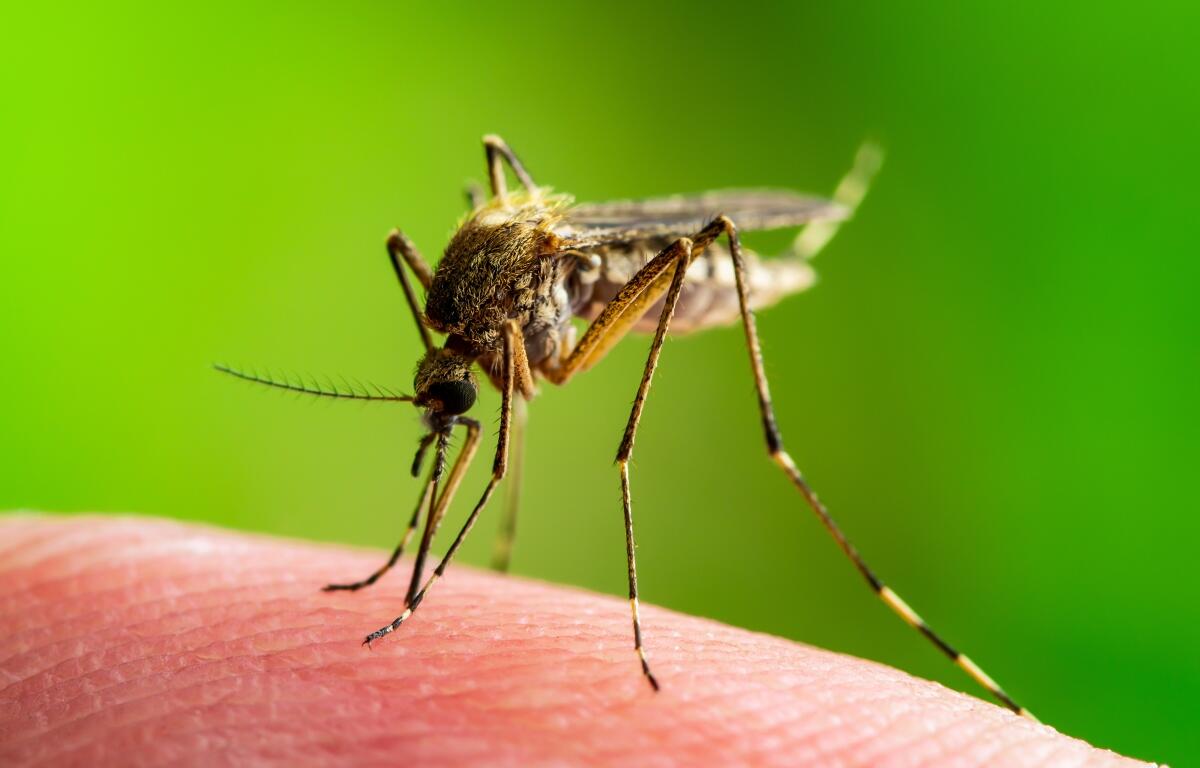Springfield, IL (CAPITOL CITY NOW) – West Nile Virus season just began — and with it, state officials are already announcing the first human case of the virus in the state.
The Illinois Department of Public Health says they were notified by the Centers for Disease Control of a human case of West Nile in Southern Illinois. The person in question was hospitalized due to complications from the virus. It’s the earliest reported onset of the virus since 2016, and officials say that’s why there’s a greater risk of infection in people who have compromised immune systems.
“The fact that we are seeing the first human case of West Nile virus so early in the season serves as a timely reminder – especially for seniors and those with weakened immune systems – to protect yourself from illnesses caused by mosquito bites,” said Dr. Sameer Vohra, IDPH Director, in a news release. “I encourage all Illinoisans to ‘Fight the Bite’ and take precautions to protect themselves and their loved ones.”
West Nile is transmitted to humans through infected mosquitoes. Seventeen Illinois counties have already reported mosquito pools that had the virus, but none are reported in Sangamon County as of yet. In Illinois last year, 72 of the state’s 102 counties reported the presence of the virus.
Here are the IDPH’s tips for preventing the spread of West Nile Virus:
- REDUCE – make sure doors and windows have tight-fitting screens. Repair or replace screens that have tears or other openings. Try to keep doors and windows shut.
Eliminate, or refresh each week, all sources of standing water where mosquitoes can breed, including water in bird baths, ponds, flowerpots, wading pools, old tires, and any other containers. - REPEL – when outdoors, wear shoes and socks, long pants and a light-colored, long-sleeved shirt, and apply an EPA-registered insect repellent that contains DEET, picaridin, oil of lemon eucalyptus, IR 3535, para-menthane-diol (PMD), or 2-undecanone according to label instructions. Consult a physician before using repellents on infants.
- REPORT – report locations where you see water sitting stagnant for more than a week such as roadside ditches, flooded yards, and similar locations that may produce mosquitoes. The local health department or city government may be able to add larvicide to the water, which will kill any mosquito larvae.



